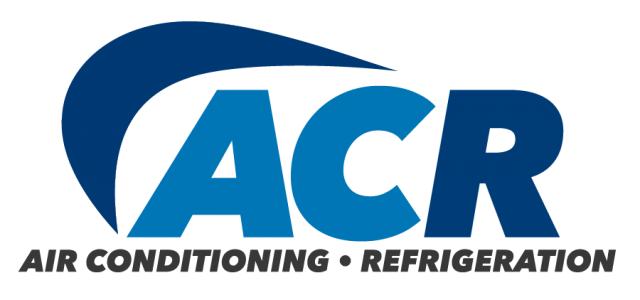An essential part of keeping your Winter Park, FL, home warm this fall and in the winter is your HVAC system. As an integral part of your household, knowing how the HVAC system operates is important. Here are some of the main HVAC questions homeowners ask.
1. How Long Before I Change My Air Filter?
Indoor air quality is crucial to you and your loved ones’ health. The air filters play the role of pulling in and filtering your air before its distributed into your home. As the air filters continuously trap dust, pet dander and other foreign contaminants, the filters clog.
The consequence of dirt building up on your air filters is a reduction in airflow, which causes the HVAC to overwork to bring you ultimate comfort. Secondly, dirty air filters allow foreign particles into your home, putting you at risk of breathing complications. Consider changing your air filters every month or when the dirt is prevalent on the filters.
2. What Are Some General Costs Associated With HVACs?
Your HVAC system performs tremendous tasks, and as such, will need some solid investment in ensuring it always runs at peak performance. Apart from the purchasing cost, which varies depending on the SEER rating of the HVAC, there are other necessary costs you will incur.
The extra, yet essential, costs will also vary depending on the extent of the services performed and the technician’s skills. Other important costs to budget for include:
- Maintenance costs tend to be at a fixed rate unless you have extra units. It will also depend on the HVAC service company you select. Some companies offer maintenance agreement plans that may help you know the costs beforehand.
- Repair costs depend on the extent of damage, the labor required, and any new replacement parts needed to fix your HVAC system. Labor costs may vary depending on the qualifications of the HVAC technicians rendering the repair services.
- HVAC replacement and installation costs also depend on several factors. Perhaps the most important being your home’s size, the cost of the HVAC parts, where you live and so forth.
3. To Repair or Replace?
The lifespan of a properly maintained HVAC system is 15 to 20 years. If your home is more than 10 years old or constructed before 2000, chances are its HVAC system is in its last peak performance stages. In this case, repair services may increase its lifespan for at least two years before you need a replacement.
Replacement is often the best option for older HVAC systems. A new HVAC system means an increase in energy efficiency, which results in lower energy bills and fewer repair costs for at least a couple of years to come. It’s a more beneficial return than repairing the already worn-out system.
4. When and How Often Do I Need to Schedule HVAC Maintenance?
How often you schedule HVAC maintenance affects your unit’s efficiency and durability. During HVAC maintenance, technicians will service components experiencing wear and tear, and they’ll spot any early damage signs that need fixing. We recommend scheduling HVAC maintenance at least twice a year.
The best time to service your system is preferably at the beginning of fall and during the spring. These two times represent the start of the heating and cooling seasons respectively.
5. Can I Fix My HVAC System Myself?
DIY repair or maintenance is one of the things to avoid when it comes to handling your heating and cooling system. HVAC systems are complex and primarily operate on electricity, which poses safety hazards if handled by amateurs.
You risk causing more damage, electrocution, fire and exposure to toxic refrigerant gas when performing DIY actions on your HVAC system. Always consider calling an HVAC professional if you suspect problems or wear and tear on your system and its components.
The above questions lay down the foundation for knowing your HVAC system and how it works. For more inquiries about HVAC-related repairs and installations, contact our team of HVAC experts at ACR Air Conditioning & Refrigeration.
Image provided by iStock


